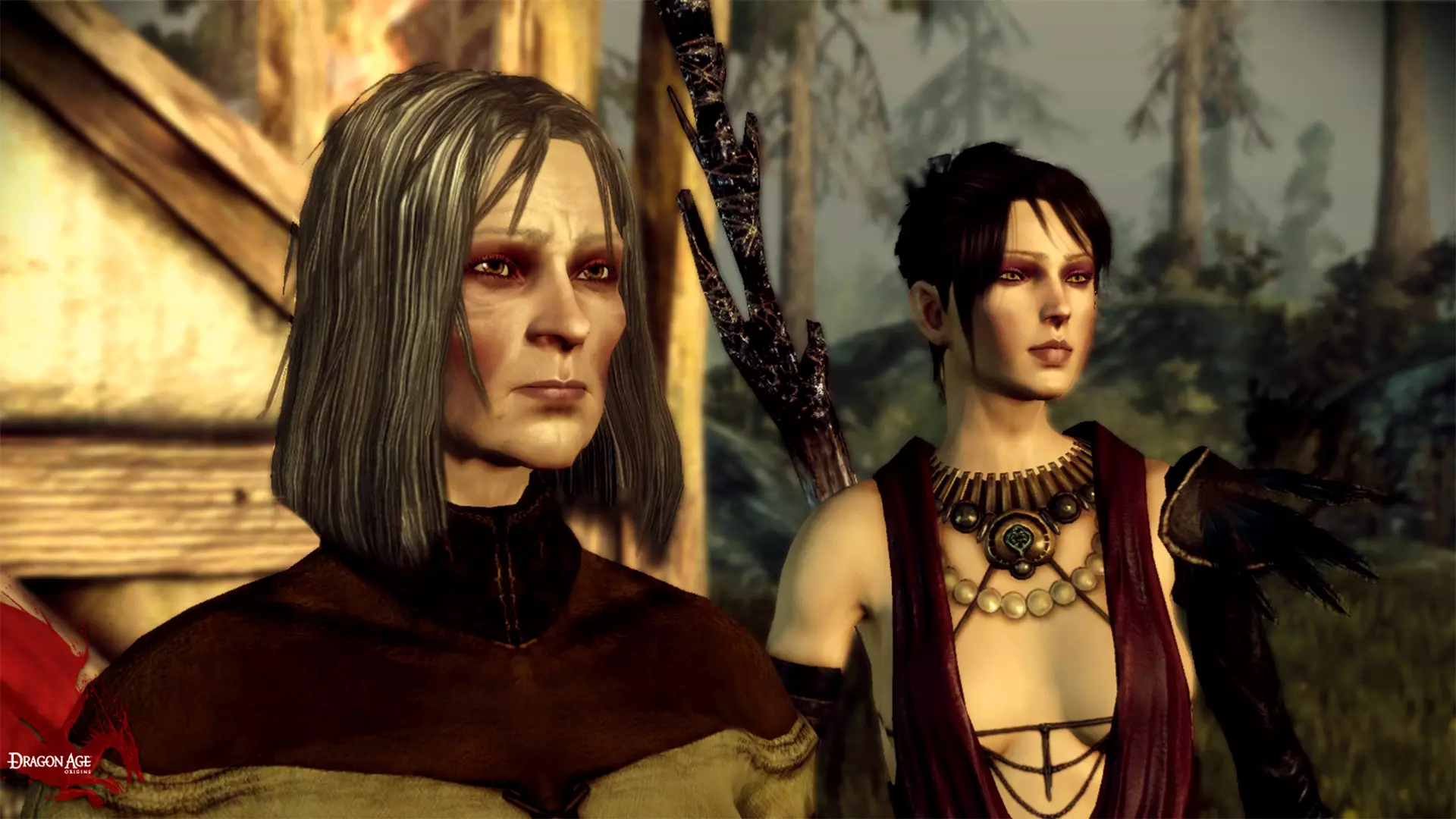In the landscape of role-playing games (RPGs), romance has become as significant a feature as combat mechanics or quest design. However, the approach to romantic entanglements within these games is far from uniform. David Gaider, the narrative lead behind pivotal RPGs like *Dragon Age: Origins*, *Dragon Age 2,* and *Dragon Age: Inquisition*, has highlighted a fundamental tension within player desires for romance in games. Players display a stark divide in preference: some crave the ability to romance any character, regardless of the narrative context, while others seek a more nuanced portrayal of relationships that reflect real-life dynamics and complexities.
This divide has been accentuated by recent titles such as *Baldur’s Gate 3*, which embraces a “player-sexual” mechanic, allowing players to pursue romantic relationships with every character, irrespective of their own character’s gender. Although this inclusive design may seem progressive, it raises questions about agency and character depth—a conversation Gaider has been vocal about.
The Agency vs. Accessibility Dilemma
When Gaider references the term “player-sexuality,” he clarifies that it is a gameplay mechanic rather than a reflection of sexual orientation. Simply put, characters are designed to be romantically available to the player’s character without regard to the complexities that come with genuine relationships. While this mechanic provides immediate accessibility, allowing players effortless romantic interactions, it simultaneously detracts from the narrative complexity that enriches character development.
Through his experiences in designing character arcs, Gaider emphasizes that as soon as characters are simplified into mere romantic options, they lose their multi-dimensionality. The allure of forging genuine connections, overcoming hurdles, and earning trust is compromised when romance becomes a foregone conclusion. This often leads players to perceive characters not as individuals with their own narrative arcs but as placeholders designed solely for romantic escapades.
The Weight of Realism
The push for realism in RPG interactions evokes a range of emotions. Players longing for genuine rejections or rivalries express a desire for characters to exhibit behaviors that mirror human realities. A character with their own motivations, insecurities, and personal dilemmas adds depth to the narrative and enhances the player’s investment in the plot. The rollercoaster of emotions and the anticipation of romantic developments can become truly engaging only when there’s a tangible sense of agency and uncertainty.
When characters possess authentic traits that dictate their responses to the player, it creates a more immersive experience. In Gaider’s own words, “I wanted characters who had their own motivations,” reiterating the importance of personalization in character arcs. In these intricate narratives, the path might not always lead directly to romance; it could diverge through friendship, rivalry, or conflict—each route providing rich storytelling possibilities.
The Consequence of Minimalist Romance
There’s a danger in narrowing characters’ purposes to “smoochable” entities. As engaging as romance can be, reducing characters to mere romantic options transforms storytelling into a one-dimensional experience. It flattens the motivational landscape that players typically thrive in—a space filled with nuance where every decision matters.
When all interactions culminate into potential romances, the stakes of relationship-building diminish. Players find themselves entangled in a web of predictable patterns, stripping away the passion and tension that comes with uncertainty and required emotional investment.
The debate touches on larger themes present in digital storytelling—how character agency intermingles with player agency. As players step into the shoes of their avatars, the yearning for realistic dynamics is fundamentally tied to how immersive they find the game. Characters who exist solely for romance might attract initial attention, but in the long run, they might alienate players seeking richer narratives and personal growth pathways.
Ultimately, in the push for greater inclusivity and accessibility in game design, developers like Gaider remind us that the complexities of human relationships are not merely about who gets to kiss who; they involve interactions steeped in personal history, conflict, and emotional depth. Narrative richness thrives on this complexity, ensuring that characters evolve not just as romantic options but as integral pieces of a bigger storyseeking to resonate with players on multifaceted levels.

